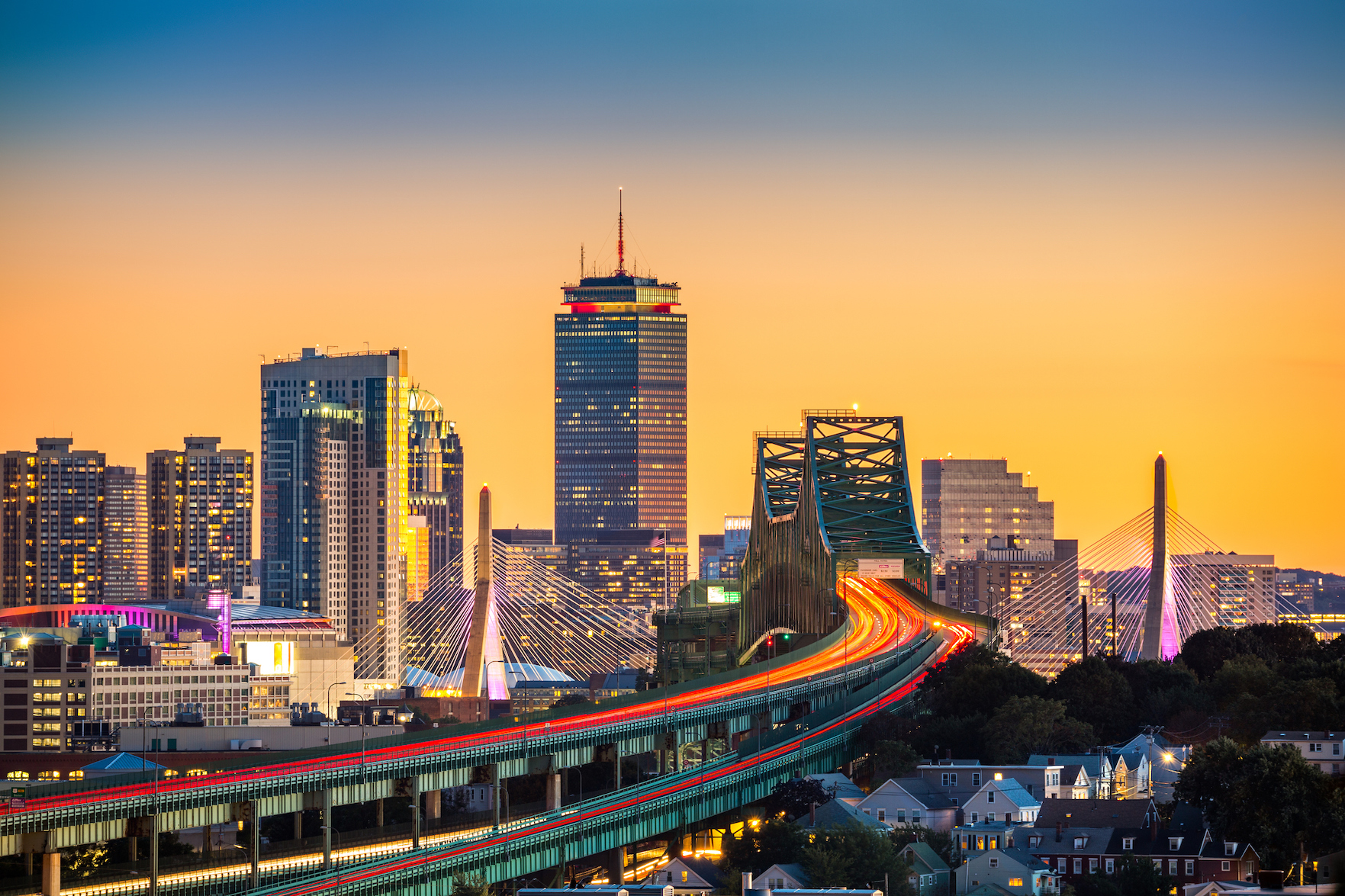Boston metro home sales surge
In line with Massachusetts’ strong sales performance in May, the Greater Boston Association of Realtors reported record-breaking figures of its own. According to GBAR, 1,316 single-family homes sold last month, an 8 percent gain from last year and a 38 percent increase over April’s closings. That made last month the best May on record for single-family sales, according to a news release from GBAR.
“We enter the summer months off a frenzied spring market, as displayed by the closed home sales last month,” said GBAR President James Major.
Condo sales also posted a strong 6.9 percent annual increase, while in both markets, inventory levels rebounded solidly, giving prospective buyers more options as they look to take advantage of historically low mortgage interest rates. Partially as a result of that new inventory coming online, price appreciation was more modest: The median sales price for single-family homes in the Greater Boston area was up only 0.4 percent year-over-year, to $632,000. Condo prices rose at a steeper trajectory, on track for a 7.5 percent annual increase to a median of $592,250.
“Even with more options available to buyers, price appreciation has remained steady in our competitive climate,” Major said. “We’re not yet sure if home prices have peaked, but given this activity amid our current inventory and these price points, we know that the desirability to live and own a home in Greater Boston remains strong, and buyers are willing to pay these high prices to live here.”
Related Beal announces South End condo project
Related Beal announced its plans for a 14-story, 101-condominium development in the South End that it’s calling the Quinn. Sitting on the former site of Quinzani’s Bakery (which inspired the building’s new name) at 370-380 Harrison Avenue, the Quinn will feature units as small as studios and as large as four-bedroom condos. Prices are expected to range from $800,000 to $5 million. Construction is underway but is scheduled to wrap by the fall of 2020.
Boston’s hottest redevelopment trend: parking garages
Curbed Boston reported June 17 that the Boston Planning and Development authority had approved redevelopment plans submitted for the Dock Square Garage at 20 Clinton Street. Developer Fortis Property Group hopes to transform the garage by adding six floors atop the structure and make room for 209 condos, including 27 income-restricted units. According to Curbed’s Tom Acitelli, this is just the latest in a spree of parking garage conversions to sweep Boston in recent years. Notable examples include the Government Center Garage, which is now being converted as part of the massive Bulfinch Crossing complex. There’s also the 2018 proposal to turn what was at one time the largest parking garage in the world, the Motor Mart Garage at 201 Stuart Street, into a 20-story tower with room for 306 condos and apartments.
New Boston-area housing report points to systemic challenges
Another in a string of independent studies examining the challenges facing Boston’s housing market was released June 26 by The Boston Foundation, a local nonprofit that is one of the oldest and largest community foundations in the U.S. The Foundation’s annual Greater Boston Housing Report Card for 2019 mirrors findings from other public institutions studying local housing issues. Like the report from the Massachusetts Smart Growth Alliance released earlier this month, the Foundation’s report warns of inadequate multifamily housing development in many of the area’s suburbs, and finds that onerous permitting and zoning rules restrict housing supply well below existing demand.
Further, the study reported that Boston’s homeless population grew 27 percent since 2010, and little progress was made on rectifying segregation within local communities. Compared to other major U.S. cities, “metro Boston remains highly segregated for Blacks, with moderate to high segregation for Latinos and moderate segregation for Asians,” the Foundation’s report explained. “The research finds Boston is less segregated than New York across all racial groups, less segregated than Chicago for Black and Asian groups, but more segregated than San Francisco for Blacks and Latinos and more segregated than Seattle among all groups.” This comes despite the fact that international immigration contributed to the majority of the population growth experienced by Boston in recent years.

